 By GUY AOKI
By GUY AOKI
When I learned last Friday of CBS’ decision to cancel its “Hawaii Five-O” reboot after 10 seasons, I had mixed emotions. Never have I spent so much time and effort trying to get a television show to improve, to live up to its potential to accurately depict the unique state where 60% of the population are Asian or Pacific Islander. It took numerous meetings, a conference call — even CBS executives flying to Honolulu to try to discover more local actors — to finally get the show to more accurately reflect reality.
This battle actually began in 1996. Together with African American civil rights leaders, I, as founding president of Media Action Network for Asian Americans (MANAA), had helped Jesse Jackson plan his protest of the Oscars when only one black person had been nominated. It led to a meeting with then-new CBS President Leslie Moonves.
I’d praised him for including Cheech Marin and Cary-Hiroyuki Tagawa as regulars on “Nash Bridges,” a San Francisco-based cop drama. It was appropriate for Tagawa to be cast as a police captain, given that Asian Americans made up a third of the city’s population. And I challenged Moonves to “continue to reflect reality.” “Well, I accept your challenge!” he said with a smile.
So imagine how I felt the following year when the network attempted to do a continuation of “Five-O,” which originally ran from 1968-1980. I learned that CBS was only auditioning for three white males and a half-Asian actress, who served more as a glorified secretary to the others. I called up several CBS executives demanding to know their rationale. One wound up stuttering.
After I got hold of the script, I knew there was nothing that precluded Asians or Pacific Islanders (APIs) from playing the lead roles. As a Hilo, Hawaii native, I spoke to legendary reporter Wayne Harada and MANAA’s outrage made the front page of The Honolulu Advertiser. Locals showed their support with a flood of letters expressing their anger over yet another potential Hawaii series starring white people and not those who were actually running the state (the governor, lieutenant governor, fire, police and civil defense chiefs had all been Asian Pacific Islander at one time or another).
And in the history of television, no show taking place in Hawaii had ever starred (first name in the credits) someone of Asian or Pacific Islander descent.
Moonves sent me a fax asking that I back off, saying that he’d remembered our conversation and to give them more time. Because of the outcry, CBS was forced to spend two more weeks in casting, eventually picking Russell Wong to co-star under star Gary Busey. In the end, CBS executives told me the pilot looked too “old fashioned,” and they decided against making it a series.
In early 2010 after it was announced the network was planning to do a reboot of the crime drama with new actors playing Steve McGarrett, Danny “Danno” Williams, Kono Kalakaua and Chin Ho Kelly, I spoke to then-head of casting Peter Golden about possibilities, pushing for Jason Scott Lee and Daniel Dae Kim as cast members. In a follow-up email, I suggested Ian Anthony Dale (who’s part Japanese) could easily play McGarrett and for the first time, have someone of Asian descent top a Hawaii-based show (Dale was later cast as a yakuza, then as a reformed member of the team).
In the end, CBS maintained the racial hierarchy of two white stars (Alex O’Loughlin — an Australian who’d starred in two previous flops for the network, “Moonlight” and “Three Rivers” — as McGarrett and Scott Caan as Williams) followed by two APIs (Kim as Kelly, Grace Park as Kalakaua). The previously recurring part of Dr. Max Bergman (played by a Jewish actor in the original series) was assigned to Masi Oka, and he became a regular in the second season.
But it was clear from the beginning that when locals were used, they were usually cast not as authority figures but as shady characters. Entertainment Weekly, which had never demonstrated any concern over ethnic concerns, made a joke, saying, “Oh look! Another brown-skinned local! He must be a suspect!” At the annual CBS meeting with the Asian Pacific American Media Coalition (APAMC), which has met with the top four networks to improve diversity since late 1999, I raised my concerns.
This led to a December 2011 meeting with Golden, casting VP Fern Orenstein, the head of diversity and head of current programs. The following summer, they held a series of panel discussions, headshot workshops and auditions at the University of Hawaii at Manoa in order to be aware of more local talent they could use.
But patterns continued: On a large computer screen, Daniel Dae Kim would show his teammates the mugshot of an API suspect and when they stormed his home, one of two things would happen: The suspect would either already be dead, face-down on the floor, or he’d engage in gunfire with the team and get killed without uttering a single word. If two officials or civilians were shot, the Asians would die and the white or black person would survive to actually talk. Because viewers saw their faces, these API actors couldn’t be used again. They were being wasted.

And in the history of the show (240 episodes when the series ends), I can only recall one episode where an API guest star tagged along with the team to help catch the bad guy. ONE. In the meantime, there were unofficial white cast members like Lauren German and Larisa Oleynik, whose screen time often surpassed that of Kim and Grace Park
And every new addition to cast was a non-API: Michelle Borth, Jorge Garcia, and Chi McBride.
In November 2013 after I wrote an exasperated review of the show in my “Into the Next Stage” column for The Rafu Shimpo, executive producer/showrunner Peter Lenkov sent me an angry email saying he doubted I actually watched the show and that I owed him an apology.
How could I have managed to provide such specific critiques of the series without watching it? I’d seen every single episode. I wrote him back outlining the concerns I’d had about his handling of the show and what I’d done over the years trying to improve it.
“As I told CBS from the beginning, you’re losing the opportunity to gain loyal viewers. On the original series, it was often said that the fifth regular of the show was the people of Hawaii. Each week, people who couldn’t fly to Hawaii could tune into the show and get the distinct flavor of the 50th state by not just seeing the tropical scenery, but by seeing the local people and hearing them speak in their Hawaiian pidgin dialect.”
He could only repeat he doubted I’d watched the show (this time adding, beyond the opening credits).
A guest API actor told me the driver taking her to the set noted he was used to driving in blonde extras from the airport. Extras who didn’t speak. It seemed evident that Lenkov didn’t feel Hawaii looked Caucasian enough.
In the summer of 2015, I had another conference call with the head of diversity and someone in Current Programming who worked on “Five-O.” It was only in the middle of the next season (its sixth) — around January 2016 — that I began to notice changes. Suddenly, the head of child services was an Asian American man. The governor (previously black; representing the 3% of people of his background who actually live in the state) became an Asian American female. We saw young Asian American couples who needed Five-O’s help (previously, most of the victims and their grieving families that viewers sympathized with were white or black).
But during and after the 2016-2017 season, all three of the show’s Asian cast members — Masi Oka, Daniel Dae Kim and Grace Park — quit. In order to create the appearance of an increased API presence on the show — following public outrage that Kim and Park had left over wage issues — previously recurring actors Taylor Wily, Dennis Chun, and Kimee Balmilero were added to the opening credits of Season 8 on a single screen. They followed newcomers Meaghan Rath and Beulah Koale (and eventually) Ian Anthony Dale (also elevated to cast member status).
Even though the APAMC and MANAA expressed its skepticism that the first group of three would really receive significant screen time, CBS failed to relieve our concerns. The actors didn’t appear in most episodes. And when they did, they averaged less than 40 seconds of screen time. Despite reminders they were being underutilized, in three seasons, the number of episodes centered on any of the three characters they played was less than five.
In the history of television, no three cast members of a series — shown with their faces in the opening theme song credits, no less — have appeared in fewer episodes or appeared with less screen time.
And there were entire seasons where not a single Asian/Pacific Islander writer or director worked on the show.
But to add insult to injury, in October of 2017, CBS announced it was allowing Lenkov to oversee the pilot for the reboot of another classic Hawaii show, “Magnum P.I.” MANAA President Robert Chan wrote new CBS President Kelly Kahl and Senior Executive VP of Programming Thom Sherman, outlining the amount of energy MANAA had spent on trying to get “Five-O” up to snuff. We didn’t have any confidence that Lenkov would do a better job of representing Hawaii on “Magnum” — a show that never featured API regulars in the first place.
“MANAA requests that you… put someone else in charge of the new ‘Magnum P.I.’ pilot — someone who respects and embraces the Asian/Pacific Islander population of Hawaii without having to be prompted every step of the way to include them in meaningful ways,” Chan wrote.
CBS didn’t budge. “P.I.” became a series, and to our shock, when initial casting was announced, once again, none of the four cast members were API (Tim Kang and Amy Hill were added later).
But now, after 10 seasons of meetings, letters, much frustration and a few pleasant surprises, “Hawaii Five-O” comes to an end. And despite CBS being given two opportunities to correct this racial injustice, there still has never been an Asian or Pacific Islander starring in a TV series set in Hawaii.
Moving forward, this is a challenge that CBS — and all the networks, for that matter — must reflect upon and take steps to correct.
———
Guy Aoki is founding president of Media Action Network for Asian Americans (MANAA) and former “Into the Next Stage” columnist forRafu. Opinions expressed are not necessarily those of The Rafu Shimpo.
 Hokusai Prints on View at LACMA
Hokusai Prints on View at LACMA
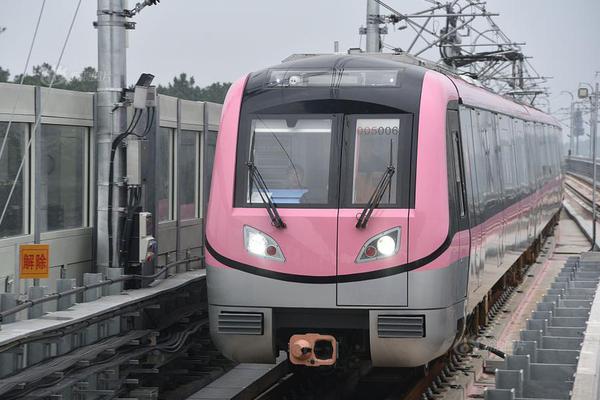 Twitter admitted to a big mistake
Twitter admitted to a big mistake
 Google's AI has some seriously messed up opinions about homosexuality
Google's AI has some seriously messed up opinions about homosexuality
 This pumpkin carver made a Steve Buscemi pumpkin for Halloween
This pumpkin carver made a Steve Buscemi pumpkin for Halloween
 Author of 'The House on Lemon Street' at JANM
Author of 'The House on Lemon Street' at JANM
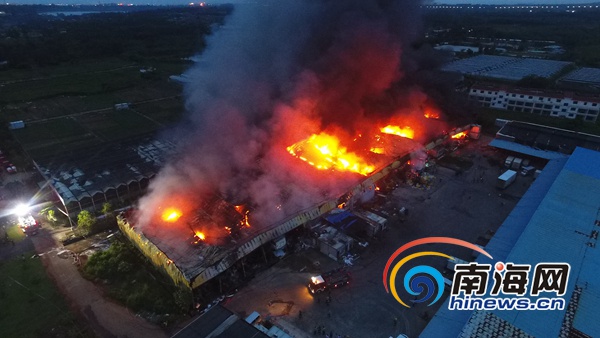 Trump tweets about Mueller's Manafort indictment with schoolyard taunt
Trump tweets about Mueller's Manafort indictment with schoolyard taunt
 Tinder user bites back at terrible shark pick
Tinder user bites back at terrible shark pick
 Donald Trump tweets 'Happy Birthday!' to random Lee Greenwood, not the country music star
Donald Trump tweets 'Happy Birthday!' to random Lee Greenwood, not the country music star
 FORZE send NAVI down to EPL Group D lower bracket
FORZE send NAVI down to EPL Group D lower bracket
 Kevin Spacey officially comes out amid allegations of sexual misconduct
Kevin Spacey officially comes out amid allegations of sexual misconduct
 Get Down in J
Get Down in J
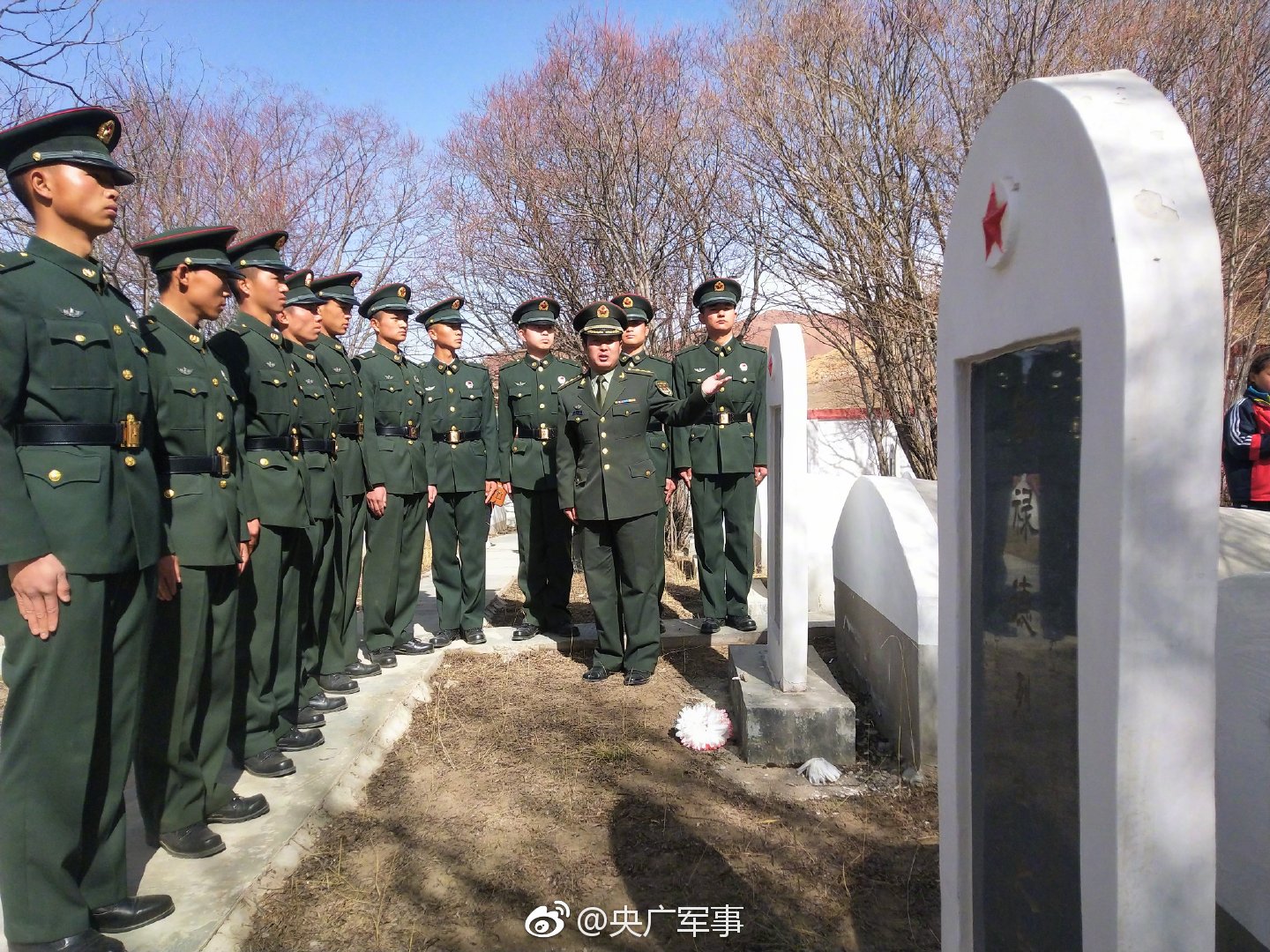 69 times Ryan Reynolds was hands down the funniest actor on Twitter
69 times Ryan Reynolds was hands down the funniest actor on Twitter
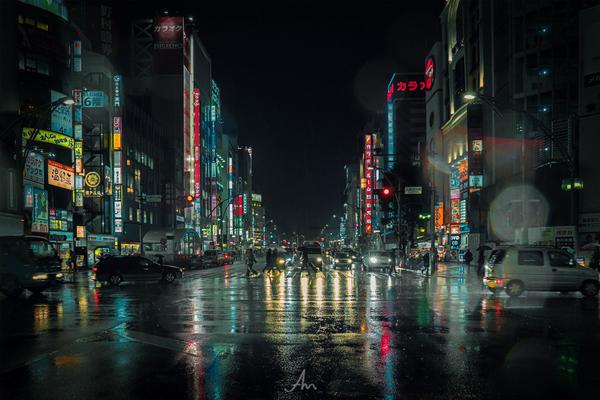 #AlertTheDayCare meme mocks Trump's Twitter tantrum
#AlertTheDayCare meme mocks Trump's Twitter tantrum
 #AlertTheDayCare meme mocks Trump's Twitter tantrum
#AlertTheDayCare meme mocks Trump's Twitter tantrum
 West L.A. UMC's Annual Bazaar
West L.A. UMC's Annual Bazaar
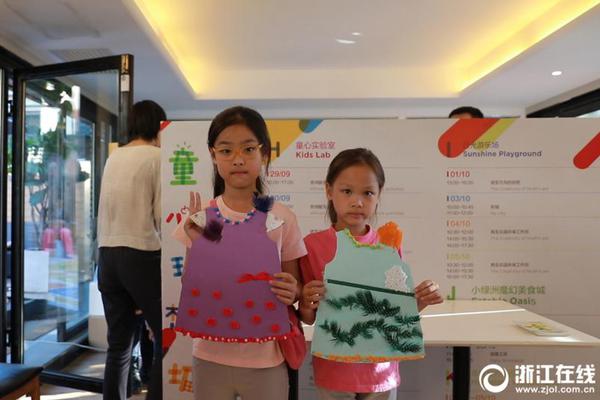 Chan Zuckerberg Initiative has committed $45 million to two political causes
Chan Zuckerberg Initiative has committed $45 million to two political causes
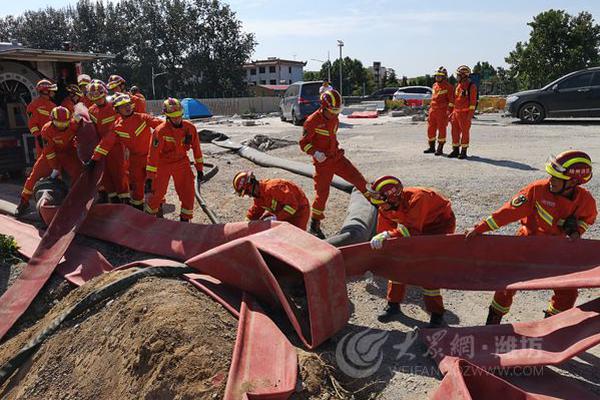 Beyonce and Jay
Beyonce and Jay
 Cate Blanchett slams creeps who blame sexy outfits for harassment
Cate Blanchett slams creeps who blame sexy outfits for harassment
 Nigma Galaxy win fourth consecutive ESL Impact League title
Nigma Galaxy win fourth consecutive ESL Impact League title
 Twitter commits to labeling political ads and hosting public database of all ads
Twitter commits to labeling political ads and hosting public database of all ads
Today I learned my iPhone has this cool AI feature that proves its smartsEvery link on X / Twitter is brokenNYT's The Mini crossword answers for December 12How to watch Jax State vs. UL football livestreams: kickoff time, streaming deals, and moreMashable's best games of 2023: No, 'Baldur's Gate 3' isn't No. 1iOS 17.2 is here — 17 new features coming to your iPhoneHow to watch GA Southern vs. Ohio football livestreams: kickoff time, streaming deals, and moreBest Kindle deal: Get the Kindle Scribe Essentials bundle for $125 offNYT's The Mini crossword answers for December 146 medical tech innovations from 2023 that could improve our lives 'Mr. Robot' creator has a very 'Mr. Robot' response to Trump's presidency Prepare to be underwhelmed by these British supermoon pics 'The Simpsons' includes an ironic nod to its Trump election prediction Chrome extension replaces pictures of Donald Trump with burgers Trump won this election with turnout at a 20 Tiafoe vs. Korda 2025 livestream: Watch French Open for free Pilot goes on epic rant after political fight breaks out on airplane Here's a small way to support the vulnerable in Trump's America Airbnb ad touts new anti Politician requests Trump pardon for 'Australian hero' Julian Assange
0.1421s , 10066.703125 kb
Copyright © 2025 Powered by 【empire erotice】VOX POPULI: CBS’ 23,Feature Flash